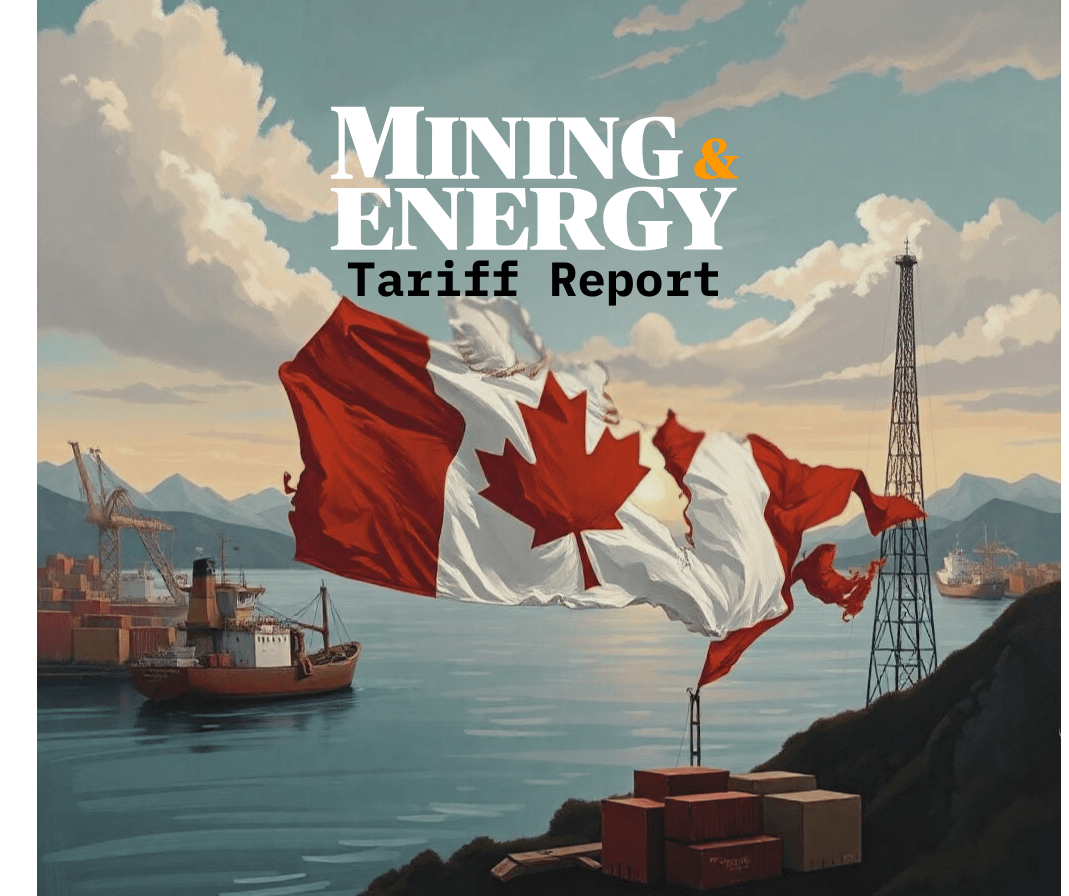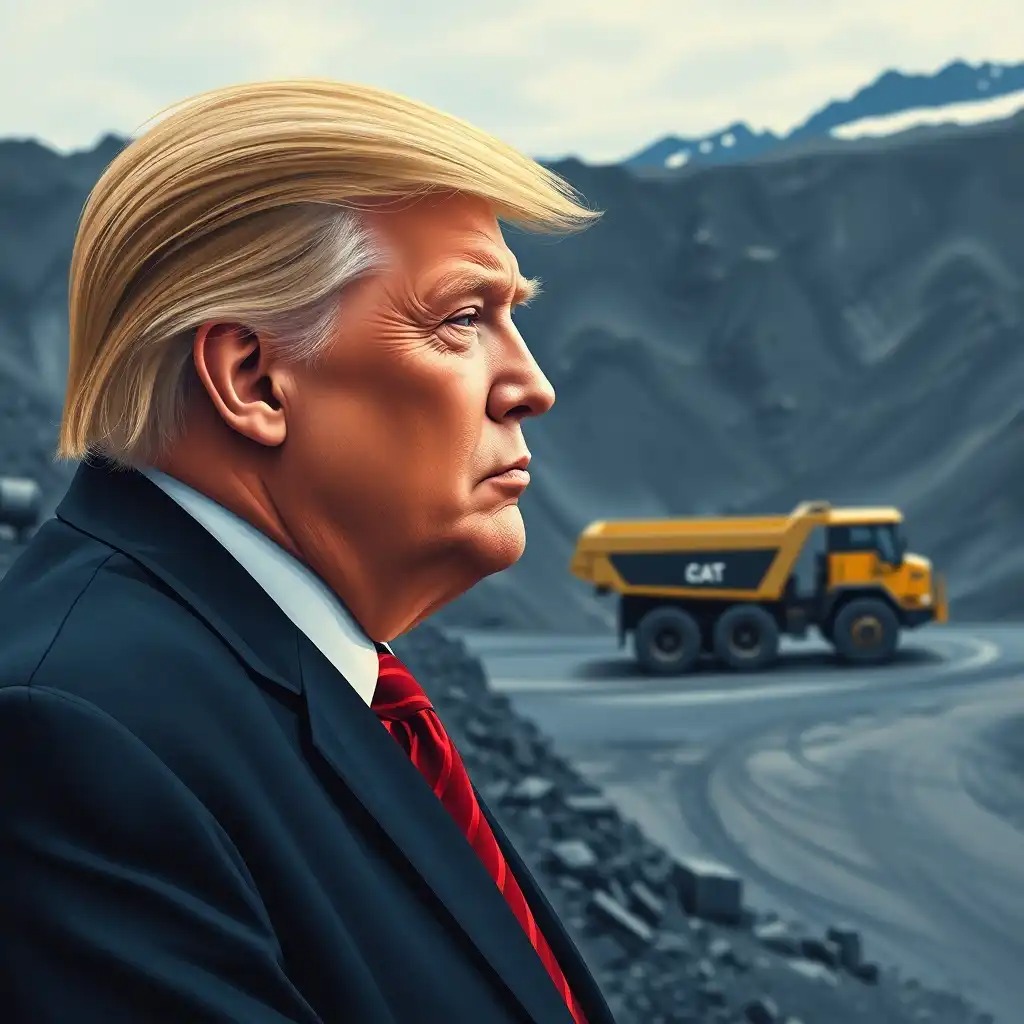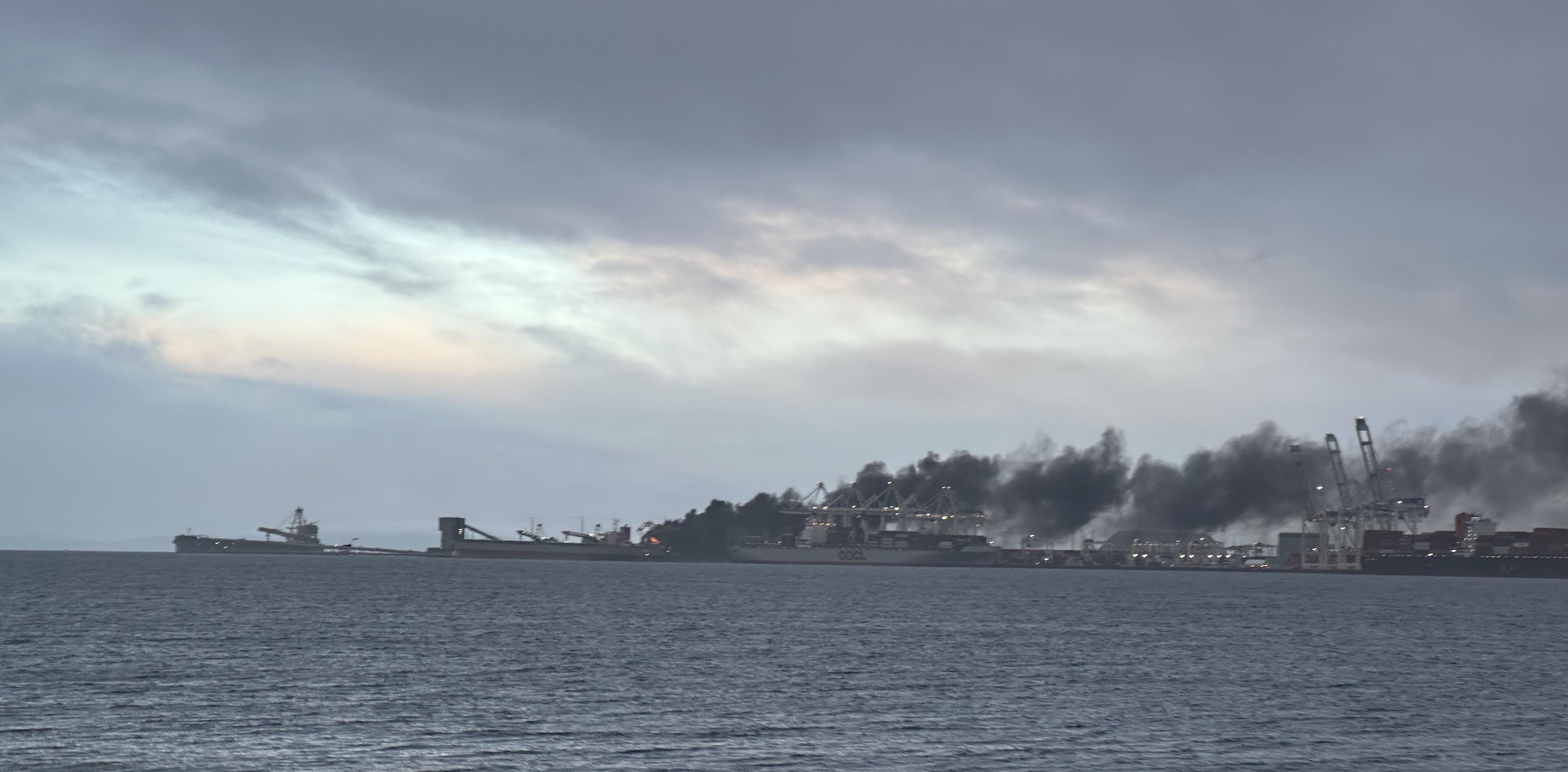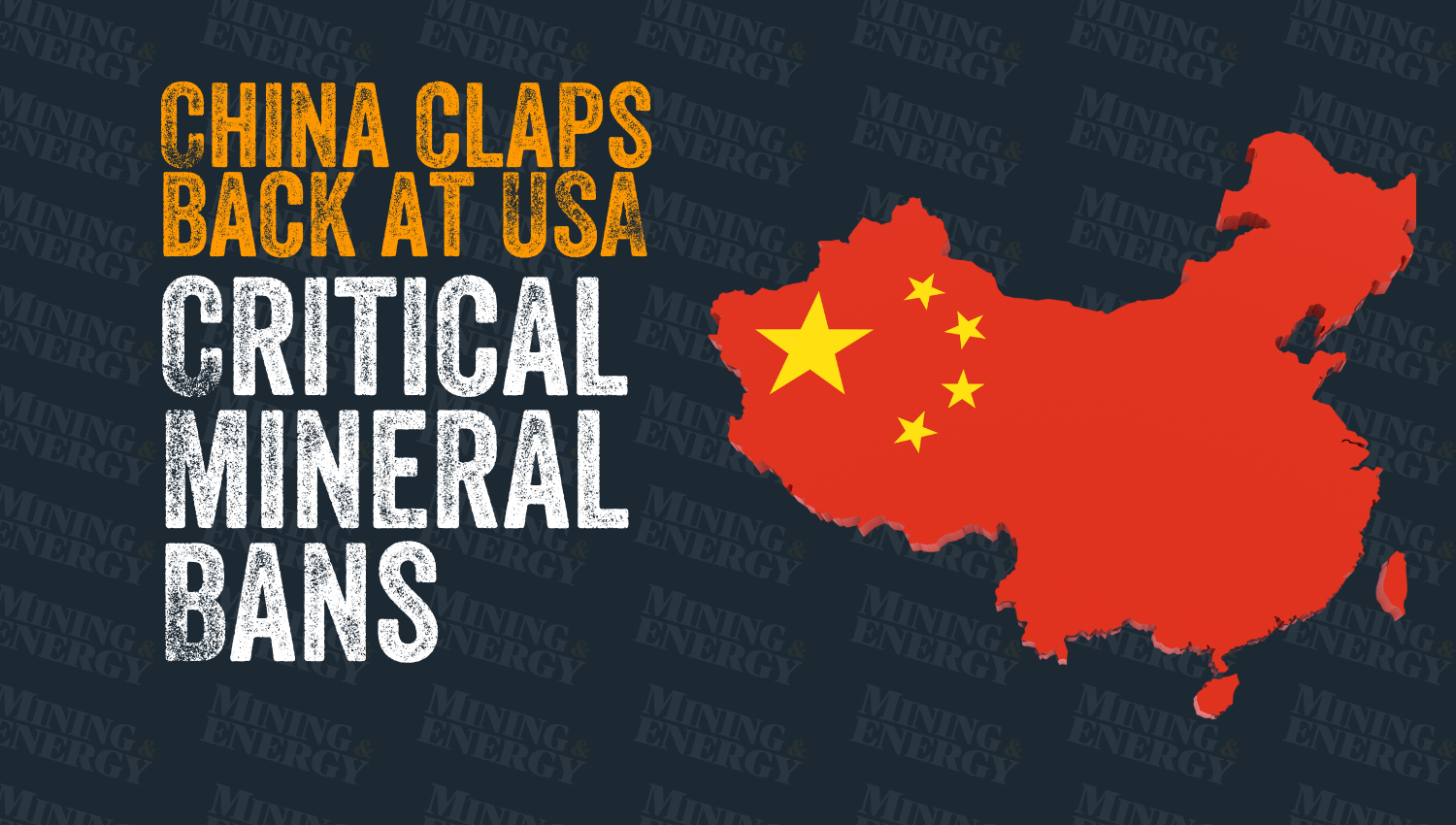Fission Energy anticipates market growth for uranium

1 of 3Drilling at Discovery Bay. — Photo courtesy Bob Hemmerling2 of 3Aerial view of Waterbury Lake J Zone. — Photo courtesy Bob Hemmerling3 of 3Fissi
1 of 3Drilling at Discovery Bay. — Photo courtesy Bob Hemmerling
The growing trend of developing infrastructures in countries that have had a lot of rapid expansions forces the demand for natural resources to follow suit, and as a result, the market evolves.
Dev Randhawa, CEO of Fission Energy, has been watching countries like China and India because their economies are constantly expanding. Both countries import natural resources to develop infrastructure—typically uranium and coal.
“The key stat that I keep in my mind is that the average Chinese uses three per cent of the petrol energy that a North American does. The average South Korean uses 17 per cent of what an average North American does,” said Randhawa. “Now if the average Chinese was simply to get up to 17 per cent, where the South Koreans are now, they would use up every drop of oil on earth. So really, when you talk about uranium energy, you’re talking about energy in general. The key is that as long as China and India continue to grow, you’re going to see demand for energy, and if that happens, you’re going to see countries like China and India committed to nuclear growth. The Chinese have got 1.5 (per cent) of their energy coming from nuclear plants, but they want to go to 15. For them that means building 115 plants. For India, if they want to get to where developed countries are, their goals alone will double the demand for uranium.”
The increasing price of oil and gas means that the uranium market is worth watching while the markets are down. Randhawa previously acquired a uranium property for $100,000 while markets were down, but when the market improved, he sold the same property for $15 million.
“It was (a) really bad (market) last year,” said Randhawa, referring to the aftermath of the natural disaster in Japan last spring. "You see media reports on that, but what they don’t report is the two gas plants that blew up and killed 20 people less than 10 miles away.”
Uranium, often used to create nuclear energy, inevitably dropped in value shortly after the 9.0 magnitude earthquake and tsunami in Japan left 20,000 people dead or missing. Fission Energy, however, noticed something unique about the equipment.
“I can’t remember who said it, but some British fellow said, 'This actually makes me fall in love with uranium even more...the fact that 40-year-old technology could handle a tsunami 10 times the size that they ever expected in that area and it was the third reactor that went—that’s amazing,” said Randhawa.
Randhawa added that he recently heard that if Japan continues to avoid using nuclear energy, it could harm their GDP.
For more information on Fission Energy, visit the website.




